
When I was invited to do this blog post, I wanted to think about influences on my research and writing… but all I could think about was one of the most perceptive compliments I’ve ever received. It’s sort of related, but not directly the thing I was meant to be considering. This happens to me a lot, probably because I have my Mercury and Venus in Aquarius, which I’m told means I’m an absolute alien.
Live long and prosper, I say.
Just keep reading to understand a little of what was in my head while I was working on my most recent release, The Only Story. Or if you want to skip this waffle and get to the books that influenced me… scroll down; you’ll see them arranged by theme.
Back to the perceptive compliment: when I was still an academic, a supervisor said I had a “centrifugal” way of writing. If you need a visual, think about a traditional washing machine’s final spin cycle. (Note that neither of us is a physicist; he used it as a metaphor. You’re probably ripping your hair out if you’re a scientist.)
I asked my supervisor to explain what he meant. At that point, I still believed I had to prove I deserved my funding, so I was terrified. And brusque because of it.
He, though, was patient and kind. He said that instead of ideas bringing readers toward my central theme, my central theme flings ideas out in a controlled fashion. I’m paraphrasing slightly, and of course, I bring things back together. His point, though, was I just have a different approach. He assured me it was a compliment. Once I got over myself, I agreed that it was.
Years later, I can’t shake the habit, even when I’m writing romantic fiction. You can easily see it in Threads of Wyrd, both in how I’ve constructed it and how I was influenced while thinking about it. The series feels a bit centrifugal in the way my supervisor described. It follows a core group of characters throughout its arc, and each book is galvanized by romance, but other things are flung around by romance.
If I haven’t lost you, the biggest “other things” would mostly be: love — romantic love isn’t the only kind — power, and the past versus the present. Really, it’s easiest for me to arrange the books that got me here with those themes, too.
For today’s venture into my Alien Brain, I’ve chosen novels… and one play snuck in, too.
Let’s finally get on with it, shall we? I’ve kept the following absolutely free of spoilers. If you’re interested, go look them up!
—
Love
Maurice by E. M. Forster
Probably the most obvious influence on all three books. Easily the romance that got me into romance. Sometimes (often) dismissed by literary critics and historians who apparently want it to be more realistic (grim), it’s achingly beautiful in its optimism.
I mention it now because David became similar to Maurice himself during my drafting process, and The Only Story focuses on David.
Stardust by Neil Gaiman
I really enjoyed the film and Norwich’s Elm Hill was used as a location, which is wonderful. But the novel seems more complex and grown up. It feels wiser and more loving, especially in how it deals with antagonists.
Power
Preparation for the Next Life by Atticus Lish
This one is polarizing. Yes, it’s intense, and yes, it’s searing. I know a lot of folks who couldn’t or wouldn’t finish it.
It had the opposite effect on me and I read it in like three days around work commitments. I maybe could have put it under any of the other two categories, as well. Just depends on how you’re thinking about it.
Gail Carriger’s The Parasol Protectorate series
An unlikely choice, perhaps, to put under “power.” But if you’ve read it all the way through, you know that a beloved character’s ultimate motivation — in a quiet way, to be sure — is power or influence. He’s very intentionally placed himself in a specific situation for years. (That motivation is seeded by love.)
Past versus present
Twilight Song by Kevin Elyot
It’s such a funny, tender play. It’s set in summer evenings between the 1960s and the present day, and basically deals in one family’s secret affairs/liaisons/romances. I guess the obvious thing to say is there are parallels between past and present, but it feels almost mystical. Not just a cause-and-effect or “history repeats itself” type thing.
—
I could do a whole other post on the nonfiction and primary sources. Or music. Or films and TV series. Or paintings! For example, if you recall Benson from the first book… who plays an even bigger part in this second book… he was directly inspired by Manet’s sublime Ragpicker.
And he’s about that enigmatic.
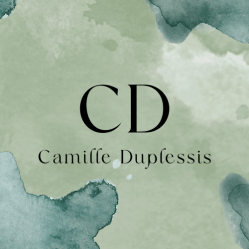
Camille is a thalassophile who sadly spent too long residing in Chicago, where there’s just a very large lake and no sea. An enquiring and possibly over-educated mind, she’s been described as “the politest contrarian.” Though everyone believes she’s tall, she’s not. Likewise, she doesn’t dress in all-black.

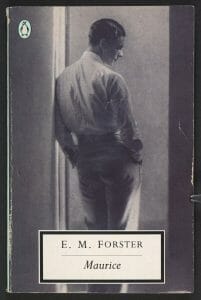

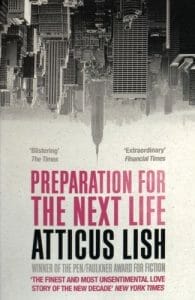



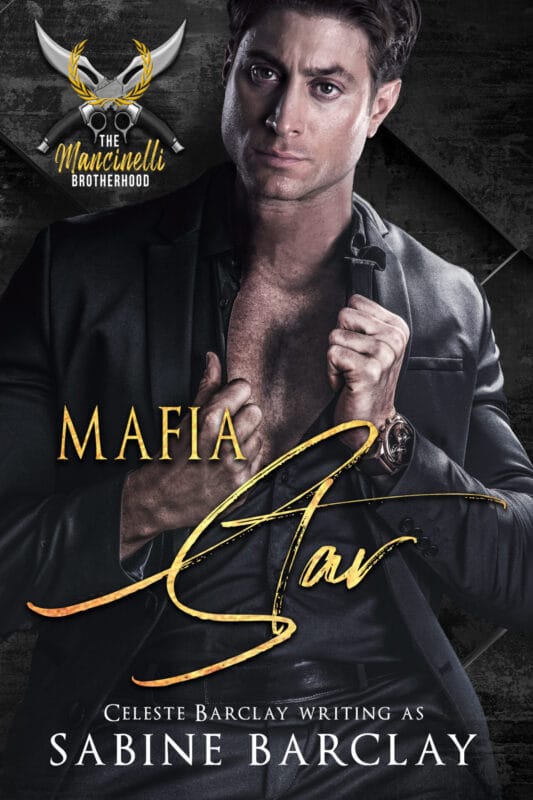


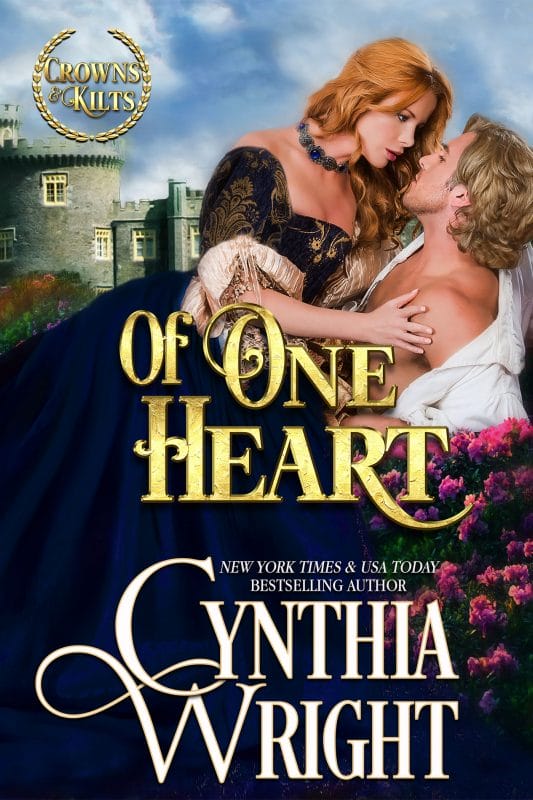
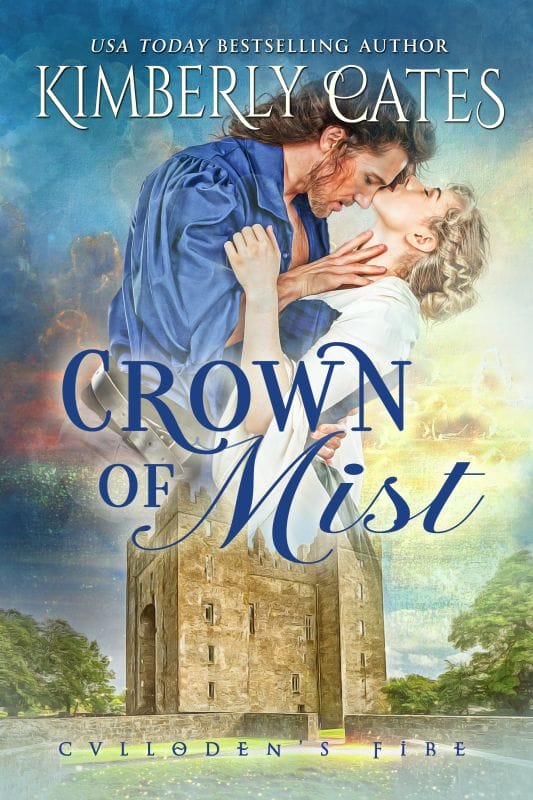
0 Comments